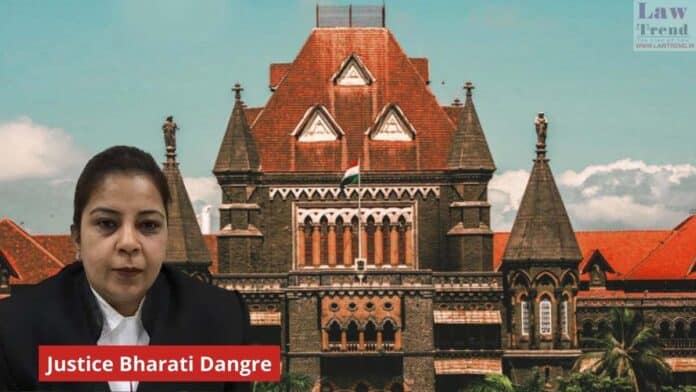Bombay High Court Justice Bharati Dangre has expressed concern that even after nearly 25 years of the Information Technology Act, 2000, courts and investigating agencies across India continue to struggle with properly appreciating electronic evidence, which has become central to modern criminal trials.
Delivering the inaugural address at a workshop on forensic evidence organised by the Goa State Legal Services Authority and the Goa High Court Bar Association near Panaji on Wednesday, Justice Dangre noted that the IT Act had introduced a “fresh challenge” for the justice system. “While we were barely settling into the traditional concepts of primary and secondary evidence under the Evidence Act, the IT Act brought in new complexities,” she said.
Justice Dangre underlined that electronic records had transformed the evidentiary landscape but remained difficult to evaluate. Referring to Section 65B of the Evidence Act, she highlighted the mandatory requirement of a certificate from the person in charge of a device to establish the authenticity of transferred electronic data.
“It is very easy when you produce the device itself in court. But when you transfer the data into another module like a pen drive or chip, that transfer requires a 65B certificate,” she explained.
She pointed out the lack of effective forensic reporting in cases involving WhatsApp chats, particularly in matrimonial disputes and offences under the Protection of Children from Sexual Offences (POCSO) Act. “You find heaps of WhatsApp chats submitted, but I have never seen any case where the forensic analysis has actually been brought on record,” she observed.
Emphasising that the “success of a trial is not dependent upon the quantity of evidence but the quality,” Justice Dangre said evidence once recorded at the trial stage remains constant through appeals, whether before the High Court or the Supreme Court. “What the complainant has said in the lower court is going to continue, no matter even if the matter goes to the Supreme Court,” she said.
Justice Dangre also sounded an alarm over the increasing sophistication of cybercrime, remarking that criminals often stay a step ahead of enforcement agencies. Citing the popular OTT series Jamtara and the rise of darknet markets, she said, “There is so much trading, so much sale of narcotic drugs which is all taking place through the darknet. Statistics show that only five per cent of cybercrimes are really detected and punished.”
She urged the legal fraternity—including prosecutors, defence lawyers, trial judges, and high court judges—to deepen their engagement with both the legal and practical aspects of electronic evidence. “Even after 25 years, this is a field full of nuances. The electronic evidence will have to be trusted and appreciated with care,” she added.




